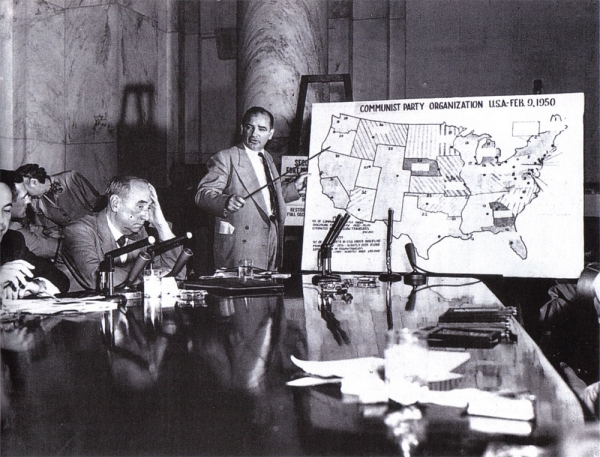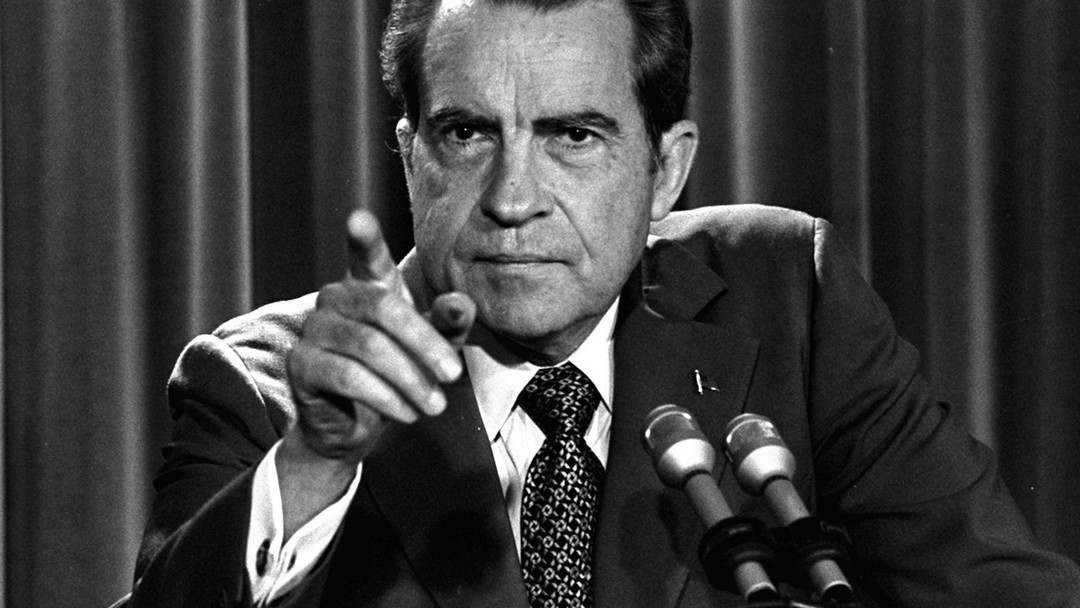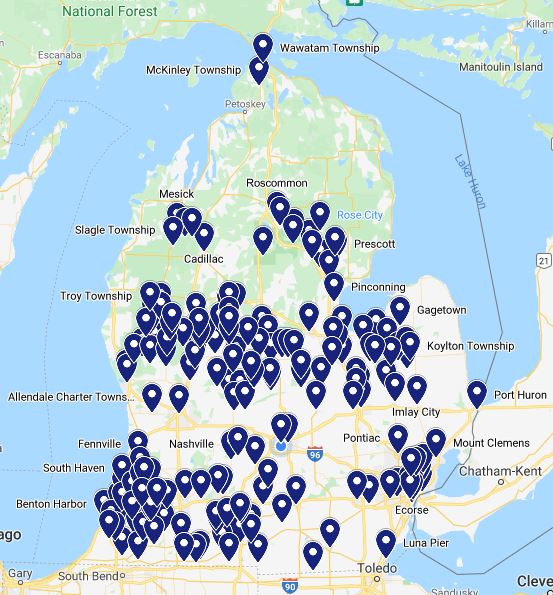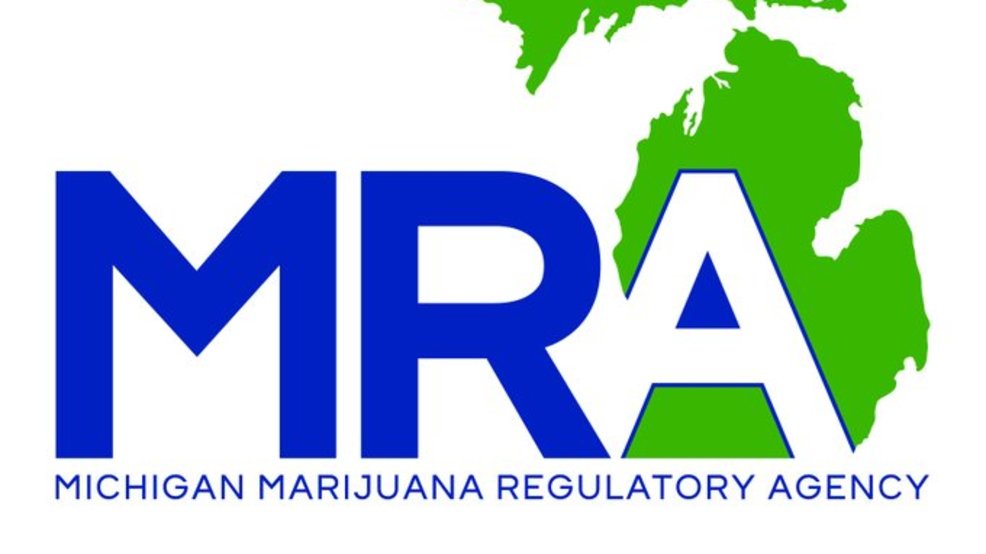October 2, 2023 – The Senate Banking Committee’s historic vote propels the SAFER Banking Act to the Senate floor, marking a significant milestone. The bill must now navigate the Senate and the House of Representatives before reaching President Biden’s desk. Cannabis dispensaries have embraced this legislation, expressing their admiration of course.
Earl Blumenauer (D-OR) and Dave Joyce (R-OH) who introduced SAFE Banking the House, released the following statement on the passage of the SAFER Banking Act in the Senate Committee on Banking, Housing, and Urban Affairs:
“This legislation will save lives and livelihoods. The overwhelming majority of Americans live in a state where cannabis is legal in some form. It is common sense and an urgent matter of public safety that these legitimate cannabis businesses have access to standard banking services.”
Former Colorado Democratic Congressman Ed Perlmutter has been pushing for the Secure and Fair Enforcement Regulation Banking Act, or SAFER Banking Act, for a decade now.
“It was designed to allow banks to provide legitimate banking services to legitimate businesses in those states,” Perlmutter said. “Credit cards, deposit accounts, payroll accounts, those kinds of things, so we don’t have this big giant pile of cash that then attracts crime.”
SAFER Banking Act – Links.
- Congress.gov – Bill S2860
- SAFER document section by section (PDF)
- SAFE Banking Act: Origins, History, Impact (2021)
- WIKI – SAFER Banking Act
From the Michigan Department of Attorney General
AG Nessel Joins Coalition in Urging Congress to Increase Access to Regulated Banking and Financial Services for State-Licensed Cannabis Businesses
September 28, 2023
LANSING – Michigan Attorney General Dana Nessel joined a coalition of 22 Attorneys General in submitting comments urging congressional leaders to advance the SAFER Banking Act of 2023 to lift banking restrictions that prevent state-licensed cannabis businesses from accessing a full range of regulated banking and financial services.
Despite the growing number of states that have legally authorized, regulated cannabis businesses, cannabis remains classified as an illegal substance under the federal Controlled Substances Act and certain federal banking statutes. Because cannabis remains classified as an illegal substance, banks providing services to state-licensed cannabis sales locations and related businesses are at risk for criminal and civil liability. This risk has significantly inhibited the ability of financial institutions to provide services to regulated cannabis licensees and leaves those businesses struggling to find financing. The lack of access to banking services creates both barriers to entry into the industry and instability for existing businesses. In addition, the current banking restrictions constrain state agencies’ efforts to collect taxes and conduct oversight. Further, as too many states have seen, when regulated businesses can only conduct business in cash, employees and customers are at greater risk of violent crime in pursuit of that cash.
“Legal cannabis businesses are still prevented from using traditional banking services available to all other legal businesses in the state,” Nessel said. “Without access to traditional banking the cannabis industry is left as a ripe target for criminals. Any legal business should have fair access to our banking institutions for the security of their own business and employees as well as public safety. It is important that Congress pass the SAFER Banking Act to update federal banking laws that have not caught up to the laws in many states.”
The attorneys general argue that passage of the SAFER Banking Act, which will enable regulated banks and financial institutions to provide services to state-licensed cannabis businesses, will enable economic growth, facilitate state oversight of tax obligations, and reduce the public safety risks associated with high-value, cash-based businesses. The SAFER Banking Act would establish a safe harbor for depository institutions providing a financial product or service to a regulated business in states that have regulations to ensure accountability in the cannabis industry.
The attorneys general argue that an effective safe harbor would bring billions of dollars into the banking sector, enabling law enforcement, federal, state, and local tax agencies, and cannabis regulators in thirty-eight states and several territories to more effectively monitor and ensure compliance of cannabis businesses and their transactions.
Joining the Maryland, Washington D.C., and Oklahoma–led comments are the attorneys general of Arizona, California, Colorado, Connecticut, Georgia, Hawaii, Illinois, Maine, Massachusetts, Nevada, New Jersey, New Mexico, New York, Oregon, Pennsylvania, Rhode Island, Vermont, and Washington.
FAQs about the SAFER Banking Act
What is the SAFER Banking Act?
The Secure and Fair Enforcement Regulation Banking Act (SAFER Banking Act) is a bipartisan bill that would provide a safe harbor for financial institutions that provide banking services to cannabis-related businesses (CRBs) that operate in compliance with state law. The bill would also require the federal government to study the impact of cannabis legalization on the financial system.
What is a cannabis-related business (CRB)?
A cannabis-related business (CRB) is any business that engages in the cultivation, processing, sale, or distribution of cannabis or cannabis products. This includes dispensaries, medical marijuana dispensaries, growers, processors, and manufacturers.
Why is the SAFER Banking Act important?
Under current law, cannabis is still classified as a Schedule I controlled substance, which is the highest classification under the Controlled Substances Act. This means that banks and other financial institutions are at risk of being penalized by the federal government if they provide banking services to CRBs. As a result, many CRBs are forced to operate on a cash-only basis, which makes them more vulnerable to theft and other crimes.
The SAFER Banking Act would provide a safe harbor for financial institutions that provide banking services to CRBs that operate in compliance with state law. This would allow CRBs to access traditional banking services, such as deposit accounts, loans, and insurance. This would help CRBs to grow their businesses and create jobs.
Does the SAFER Banking Act make cannabis federally legal?
No, the SAFER Banking Act does not make cannabis federally legal. It simply provides a safe harbor for financial institutions that provide banking services to CRBs that operate in compliance with state law.
What are the benefits of the SAFER Banking Act?
The SAFER Banking Act would have a number of benefits, including:
- Increased safety and security for CRBs and their employees
- Reduced crime and violence
- Increased tax revenue for state and local governments
- Job creation and economic growth
- What is the status of the SAFER Banking Act?
The SAFER Banking Act was passed by the House of Representatives in September 2021. It is currently being considered by the Senate.
When is the SAFER Banking Act expected to be passed?
It is difficult to say when the SAFER Banking Act will be passed by the Senate. However, the bill has bipartisan support, and it is expected to be passed eventually.
More Posts

The IRS is Ready to Take Your Marijuana Money
The IRS has a web page for marijuana business owners to pay their taxes. But first... CCE in Michigan Marijuana is still a controlled substance schedule 1 in Michigan even though the people voted to legalize it. There is a reason for that some will learn soon enough....

The Narcotic Control Act of 1956
NARCOTICS AND MARIHUANA. To amend the Internal Revenue Code of 1954 and the Narcotic Drugs Import and Export Act to provide for a more effective control of narcotic drugs and marihuana, and for other related purposes. ... this Act may be cited as the "Narcotic Control...

Boggs Act of 1952
The Boggs Act of 1952 amended the Narcotic Drugs Import and Export Act and set mandatory sentences for drug convictions. A first offense conviction for marijuana possession carried a minimum sentence of 2 to 10 years and a fine of up to $20,000. H.R. 3490 (82nd): An...

Why Is Marijuana Illegal?
Mexican Revolution - With the start of the Mexican Revolution in 1910, however, many Mexicans began moving to the United States, and they brought with them the tradition of smoking marihuana Harry J. Anslinger - In the 1930s Harry J. Anslinger, head of the Federal...

Cannabis Social Equity Plans for Michigan
Social Equity Plans Pursuant to Rule 4 (16) of the Marijuana Licenses Rule Set (R 420.4(16)), an applicant seeking licensure under the Michigan Regulation and Taxation of Marijuana Act (MRTMA) shall provide a social equity plan detailing a plan to promote and...

Michigan Communities That Meet Criteria For The Social Equity Program
The Social Equity Program is designed to encourage participation in the marijuana industry by people who live in the 184 Michigan communities which have been disproportionately impacted by marijuana prohibition and enforcement: Allegan: Fennville, Lee Township Arenac:...

MICHIGAN MEDICAL MARIHUANA ACT
Initiated Law 1 of 2008 AN INITIATION of Legislation to allow under state law the medical use of marihuana; to provide protections for the medical use of marihuana; to provide for a system of registry identification cards for qualifying patients and primary...

MMFLA Regulatory Assessment Fees Announced for 2021
As required by Section 603 (read below) of the Medical Marihuana Facilities Licensing Act (MMFLA), the amount of the regulatory assessment fee for licensed medical marijuana facilities are determined annually. The fees have to be paid by those approved for a license...

Implementation of the Agriculture Improvement Act of 2018
SUMMARY: The purpose of this interim final rule is to codify in the Drug Enforcement Administration (DEA) regulations the statutory amendments to the Controlled Substances Act (CSA) made by the Agriculture Improvement Act of 2018 (AIA), regarding the scope of...

No FEAR Act
No FEAR Act Notice On May 15, 2002, Congress enacted the "Notification and Federal Employee Antidiscrimination and Retaliation Act of 2002,"which is now known as the No FEAR Act. One purpose of the Act is to "require that Federal agencies be accountable for violations...


